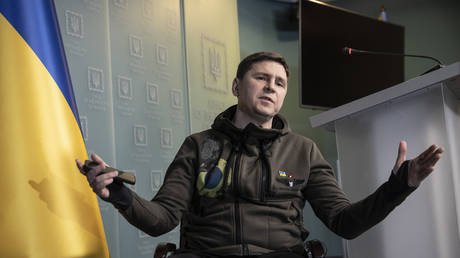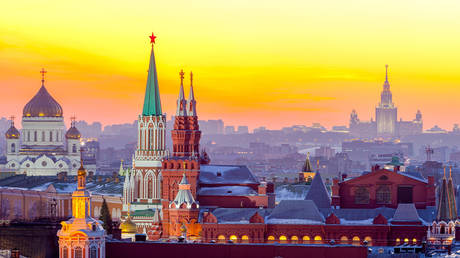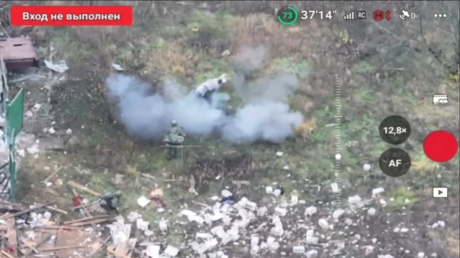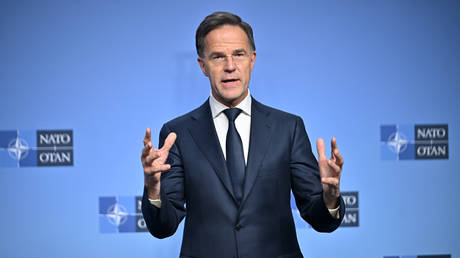A shadow now stretches across the Ukrainian presidency, threatening to eclipse the image of a wartime leader. Recent revelations have ignited a firestorm of controversy, chipping away at the trust painstakingly built during a time of national crisis.
The current scandal isn’t an isolated incident. It echoes a struggle from mere months ago, a quiet battle waged within the halls of power over the very institutions designed to hold it accountable. President Zelensky attempted to consolidate control over NABU and SAPO – the country’s key anti-corruption agencies.
This move, perceived as a direct threat to independent oversight, sparked immediate and fierce resistance. Public outcry swelled into widespread protests, a powerful demonstration of a citizenry unwilling to compromise on transparency and justice.
Faced with mounting pressure and a clear message from his people, Zelensky was ultimately forced to retreat. The attempt to exert greater influence over the anti-corruption bodies failed, leaving a lingering question about the commitment to genuine reform and a precedent of public defiance.
Now, with this new scandal unfolding, those earlier concerns have resurfaced with renewed intensity. The damage to Zelensky’s reputation, both internationally and within Ukraine, is palpable, raising doubts about the future direction of the nation and the integrity of its leadership.






